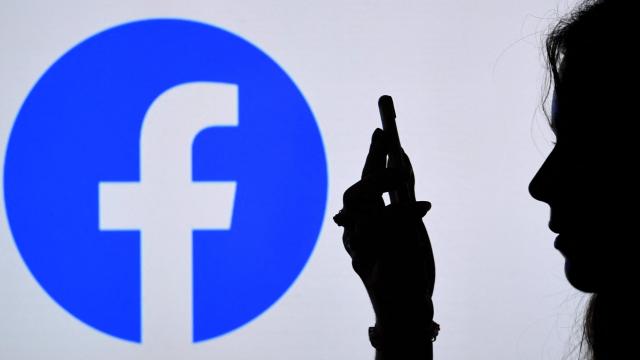Facebook really, really wants you to know that it isn’t the hub of hate speech, divisiveness, and straight-up misinformation you might think it is. It wants you to know badly enough that on Wednesday, the company published its first-ever report detailing what Facebook claims are the most-viewed pages, posts, and domains that were shared across the platform between this past April and June. And if you take Facebook’s word for it, Facebook looks pretty good!
The report, which you can check out here, paints a very different picture than the many, many reports from independent researchers and reporters who have found that hyperpartisan content garners the most clicks on Facebook. The data these people used, for the most part, comes from CrowdTangle, an analytics tool that Facebook bought out in 2016 in order to show publishers on the platform which posts garner the most engagement. And with every new report, the results seemed to be the same. Right-wing outrage consistently reigned the most popular posts in the U.S., with posts from figures like Ben Shapiro and Dan Bongino consistently ranking as the ones Facebook users engage with the most.
The company has previously countered that Crowdtangle only shows a narrow slice of what people are seeing on their Facebook feeds. Then they argued that point again. And again. Then reports emerged that Facebook had quietly begun gutting the Crowdtangle team, arguing that the repetitional harm being caused by the tool wasn’t worth the transparency it offered. That brings us to the new report, which the company promises will show sceptics what content actually reaches the most people on the platform, instead of measuring what gets the most likes or whatever.
That content, apparently, includes debates about whether sugar should go in spaghetti, a tutorial on building your own swimming pool from scratch, and a stock photo of a wrinkly baby bulldog. The most popular link being seen on the platform, Facebook said, was to a site for Green Bay Packers alumni association, which it says garnered eyeballs from 87.2 million users. Number two on the list was a link to a storefront for CBD products (72.1 million), and number five was a shop for Christian-themed t-shirts (51.6 million)
This certainly isn’t the first time that Facebook’s tried to counter arguments that its site leads users into polarising political rabbitholes, and it won’t be the last. In the announcement, the company noted that it would release similar reports on “widely viewed content” on a quarterly basis.
In a call with reporters, Facebook’s VP of Integrity, Guy Rosen, noted that “there’s a few gaps in the data that’s being used today, and the narrative that has emerged is quite simply wrong.”
“CrowdTangle is focused on interaction. CrowdTangle only has a limited set of certain pages, groups, and accounts,” he went on. “We are creating a report that provides a broad view and […] an accurate representation of what people’s experiences actually are on our platform.”
But for a report that’s all about “transparency,” the report is shockingly un-transparent. Facebook notes that its list of top-performing posts doesn’t “include content which have been subsequently taken down by the original content creator or by Facebook, or whose audience has changed.” One of these posts — garnering a reported 61.2 million views — ranked third on the list of most viewed posts.
The report also only looked at a narrow slice of what most people think of when they hear “Facebook content.” It didn’t include the many, many ads littering the platform, nor did it include any clips from Facebook Watch or any listings on Facebook Marketplace. Instead, it focused strictly on the content in people’s Newsfeeds that were getting the largest share of our eyeballs, and even that number is an estimate. And even then, you need to take Facebook’s word for these figures — and the company has proven multiple times that it’s not above fudging figures to make itself look good.
In other words, this report is just another attempt from Facebook to prove its transparency, while actually offering a lot of information that looks like transparency but is really just PR. If the company actually wants our trust, maybe it should offer us ways to verify these figures ourselves, instead of reading them secondhand from Facebook itself.
